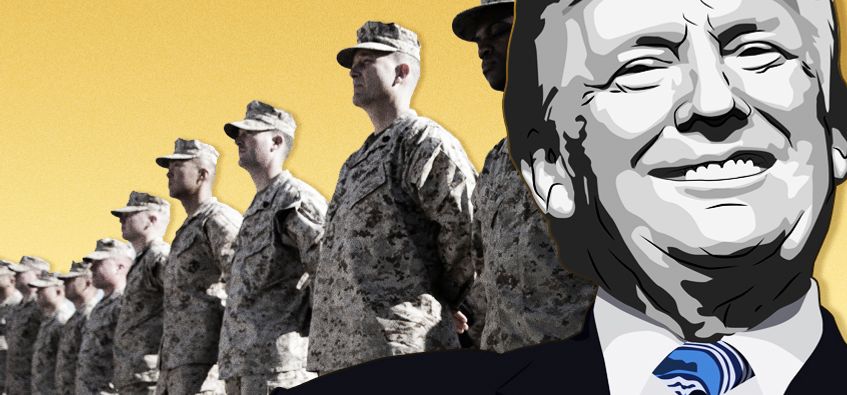What US Prosecutors’ Investigation of Japan’s Mitsubishi Financial Group Actually Means
The power of U.S. financial sanctions is unrivaled. Anyone who evades U.S. sanctions must risk not only being withdrawn from the international banking system led by America, but even bankruptcy. Banco Delta Asia’s case of 2005 is an example. As soon as Washington identified Banco Delta Asia, also known as BDA, a Macau-based bank that had engaged in financial interactions with North Korea, as a “primary money laundering concern,” financial institutions around the world severed ties with the bank. With its credibility shattered, BDA practically went bankrupt.
Ignoring the move against MUFG would be like fiddling while Rome burns. South Korean financial institutions would be no exception to potential U.S. sanctions now that the Trump administration has already made an attempt to punish its closest ally’s largest bank. Right after the September inter-Korean summit in Pyongyang, the U.S. Department of Treasury arranged a conference call with seven banks in South Korea and called upon them to adhere to its North Korea sanctions. In addition, the U.S. Embassy in Seoul directly contacted the four major South Korean companies that had visited Pyongyang, including Samsung, Hyundai Motor Company, SK, and LG, to understand how far inter-Korean economic cooperation projects had gone. It was a move designed to draw their attention to the sanctions. If those companies are pushed into the projects by the government and suffer a severe blow from Washington as a consequence of violating the sanctions, who will be held accountable?
The Moon Jae-in administration decided to spend 4.1 billion won (approximately $3.6 million) on forestry cooperation with Pyongyang on Nov. 21, with a joint study for an inter-Korean railway and road project to come. If inter-Korean economic cooperation projects continue, it is highly likely that a considerable amount of supplies and money will flood into North Korea. In particular, chemical pesticides that are intended to be provided for forest management in North Korea raise immediate concerns over possible evasion of North Korea sanctions, as they can be used for military purposes. It is obvious that a series of borderline violations of the sanctions will follow. Therefore, Seoul should hammer out belt-and-braces details with Washington before it proceeds with its joint cooperation projects with Pyongyang. It is a lesson that should be learned from the MUFG case.


